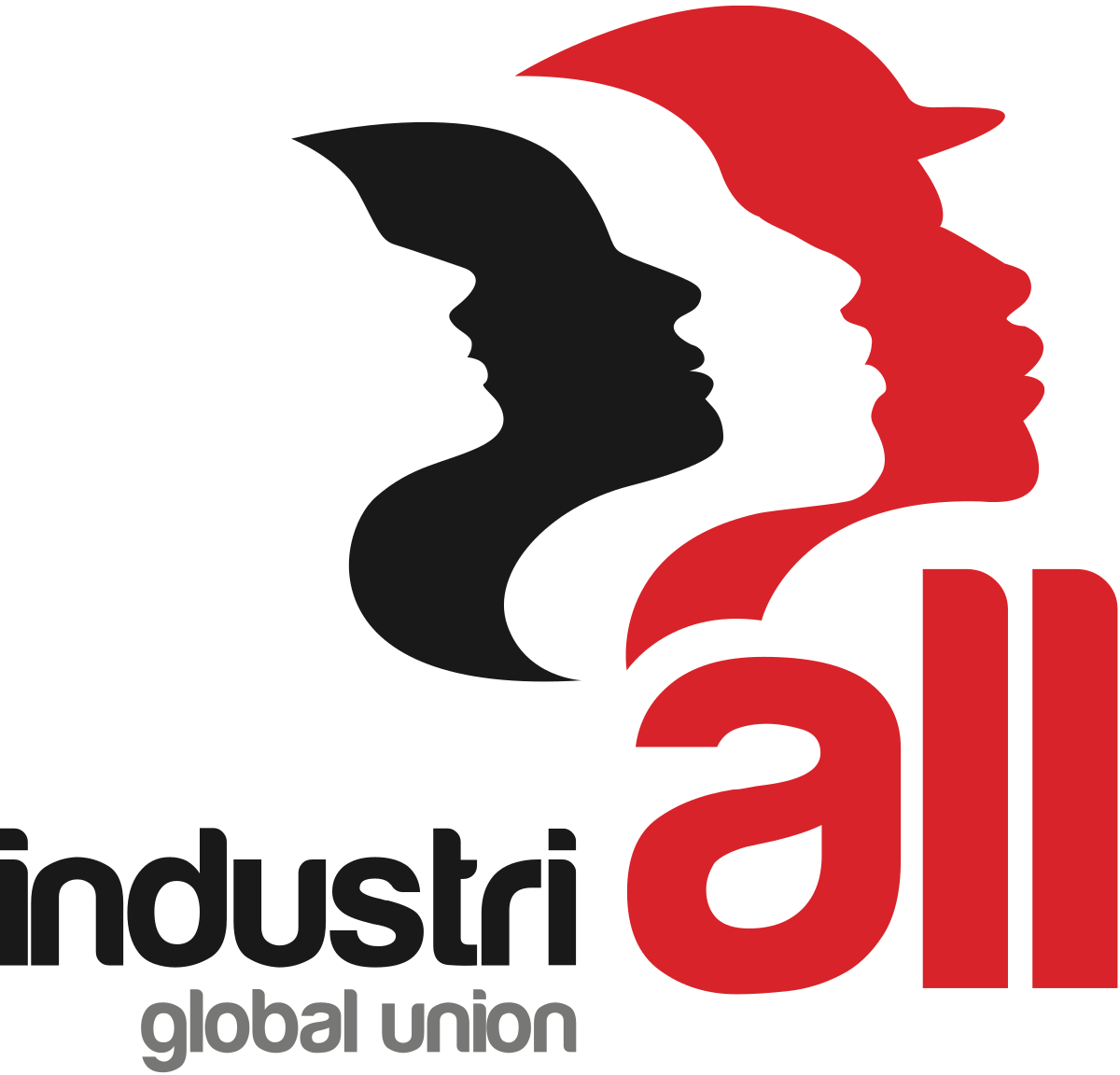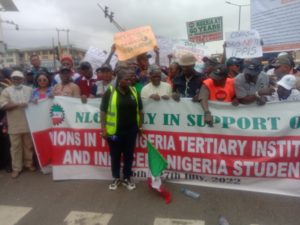IndustriAll Globals demands fair treatment for workers at LafargeHolcim

The IndustriAll Global has slammed LafargeHolcim for unfair labour practice and violation of workers rights globally.
IndustriAll said it is shameful that at a company producing concrete, a solid building material, workers’ interests and lives are falling through the cracks.
According to the global body, LafargeHolcim recently announced hefty payouts to shareholders for good financial results in 2020.
But noted that there would be no profit without the thousands of workers toiling for LafargeHolcim every day.
It stated, “Many of them are not even recognized as LafargeHolcim employees, but are hidden away as subcontractors or third-party workers.
“Before the merger in 2015, LafargeHolcim’s estimated combined workforce was over 140,000 direct employees. A little less than six years later, LafargeHolcim claims to employ only 67,000 workers. An extreme use of contract work is the explanation behind this drastic reduction of the workforce. “In South Asia, for one permanent employee, there are approximately nine outsourced workers.
Despite announcing Strategy Ambition “0”, with the target of zero harm, workers at LafargeHolcim are still unsafe and losing their lives. The vast majority of the victims are subcontractors or third-party workers.
This bad labour practice must change!”
IndustriAll added, “In time for LafargeHolcim’s Annual General Meeting on 4 May, we demand the following:
Recognize global unions as legitimate partners and start a genuine dialogue aiming to sign a global framework agreement on workers’ rights and occupational health and safety.
Respect internationally recognized ILO health and safety standards and make sure unions have access to workplaces and inspect, while workers can refuse unsafe jobs.
“Regulate outsourcing in the company, make sure subcontracted and third party workers are well protected, especially during the Covid-19 pandemic and post-pandemic period.
“Include a social dimension in the company’s climate change mitigation and digitalization policies and ensure decent employment conditions and a just transition are provided.”




